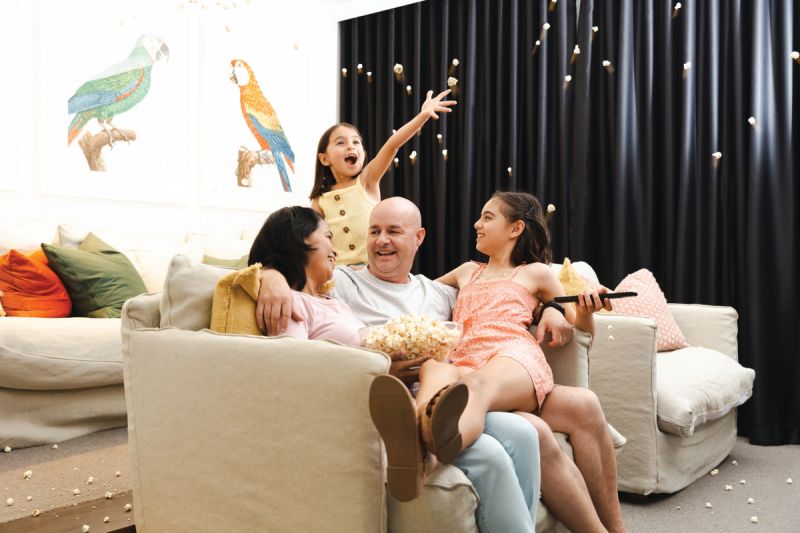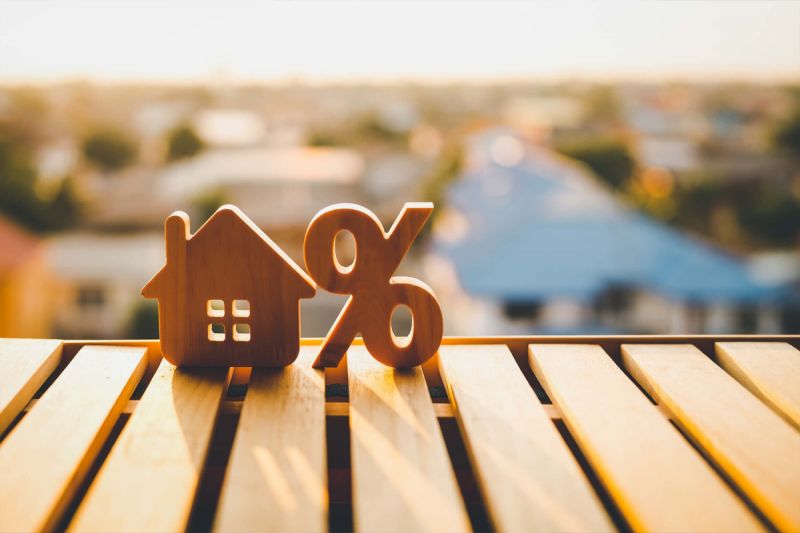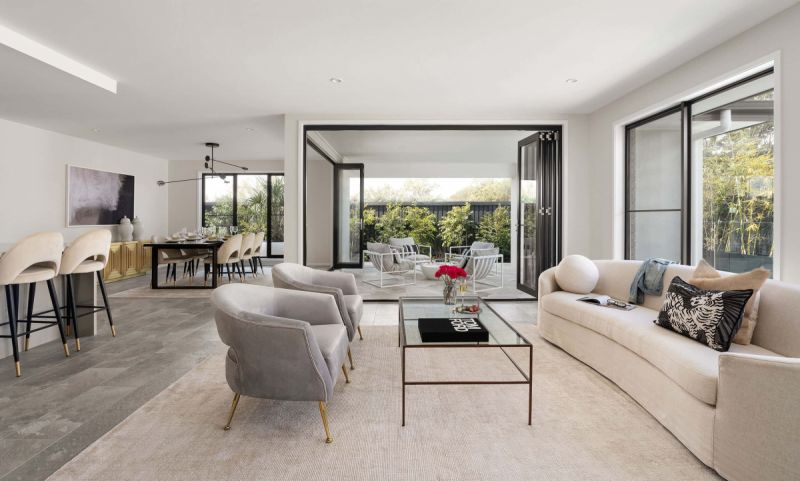Buying Versus Building an Investment Property
Investing a property is one of the popular investment choices in Australia. If you have the savings and cash flow to support it, you have the opportunity to turn it into an effective income stream. The process of looking for the right investment property, however, might be a tad different to buying your own home.
Do you know if you’ll build or buy your investment property?
These options are very different and arming yourself with knowledge is crucial. Investments involve a lot of risk calculation, so it’s important to choose the property that’s right for you and your circumstance. Let’s walk through their differences and shed light on the most important considerations for each one.
Building
1. You have the creative freedom to build a home that suits the market preference.
Building a home from scratch gives you the freedom to choose what it looks like inside-out. Speak to your real estate agent about what the market wants and you may decide to model your property as so. For example, more house hunters are looking for sustainably-built homes - a selling point you can use to your advantage.
Newly-built homes tend to be sustainable anyway, but a few nice upgrades won’t hurt if you can afford it (just be wary of overcapitalising). If you build a sought-after property, you can enjoy the rental yield and/or capital gains in the years to come.
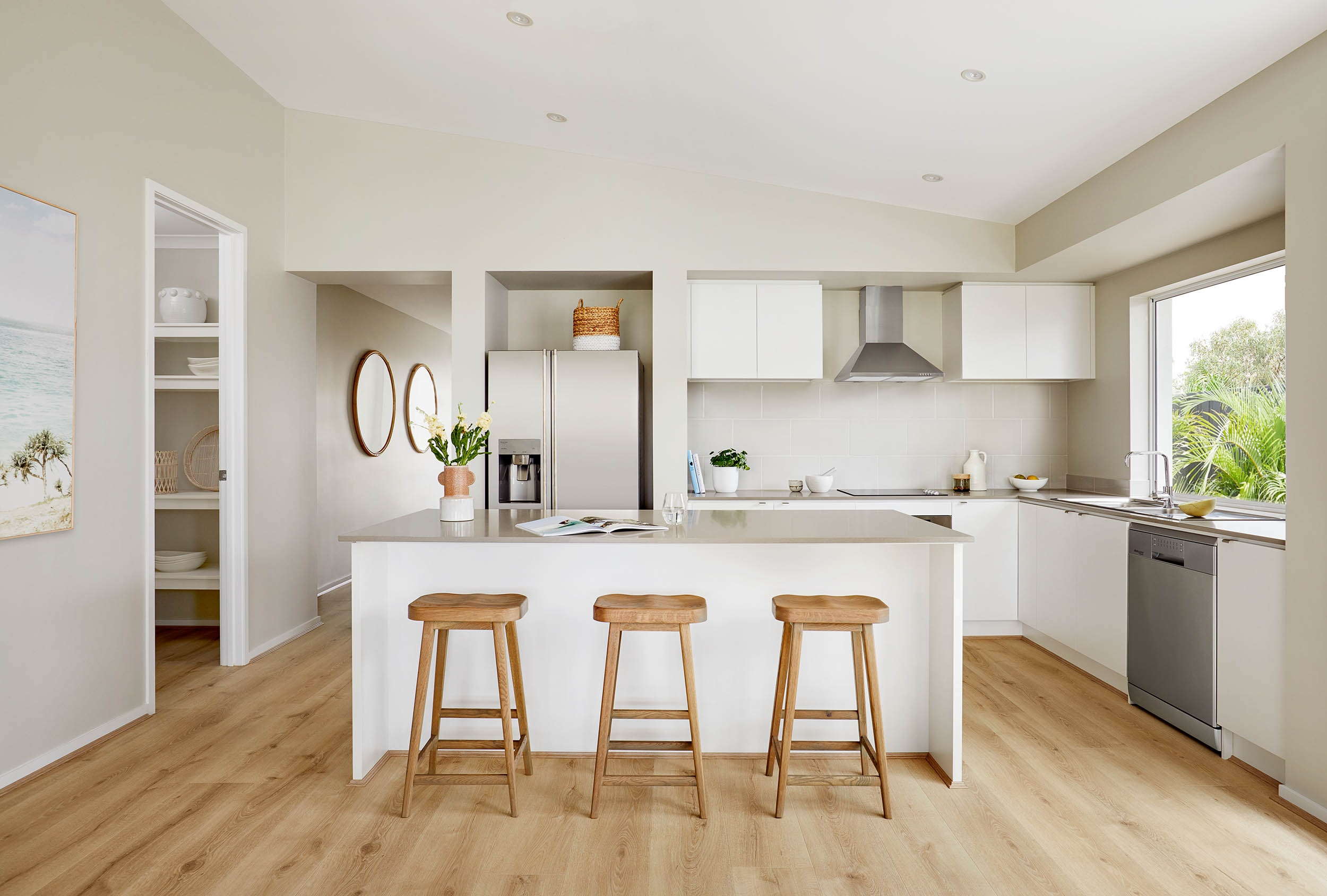
2. It can be cheaper than buying an established property (if you know where to look).
Reputable builders will have deals for home builds that you should watch out for. Depending on what you build, it can cost cheaper than an established property from an esteemed suburb.
In Brisbane, the median house price for an established home is $564,389 and building your own is estimated at $542,624.80. That said, the general estimate of building a house is $21,764.20 more affordable than buying an established home.
3. You can claim tax deductions on depreciation.
Most investment property owners are entitled to claim tax deductions on depreciation, whether they build or buy. New builds, specifically, may be entitled to deductions on building depreciation. According to RAMS, a 2.5% building depreciation can be claimed for properties built after 16 September 1987 until 2030. Make sure to seek professional advice to know exactly what you’re entitled to.
If you also hold on to your property for 12 months before selling it, you can claim a 50% tax deduction on any capital gains you make from it.
4. You can get your property re-evaluated and potentially turn it into instant equity.
Once your build is done, you can get your lender to re-evaluate its value. If the new value is higher than the initial value during your application, you add equity to the property before you even rent it out or sell it.
What about buying an investment property?
1. You can select a prime location.
Homebuyers usually choose properties in esteemed suburbs with nearby shops, schools, access to public transport, among other amenities. For many investors, this easily increases the value of a property and the chances of getting a rental yield or capital gain.
2. Renovations needed can easily bump up the cost.
It’s no secret that buying an older property can be subject to renovations. You’d always want to tailor it to the market and perhaps make adjustments for energy efficiency. This is why buying property tends to be more expensive than building.
3. Like in building, you can claim tax deductions on depreciation.
Aside from building depreciation, there are other deductibles you can claim such as rental advertising costs, council rates, land tax and many others. Make sure to consult your tax advisor or accountant to verify if any of these claims apply to you.
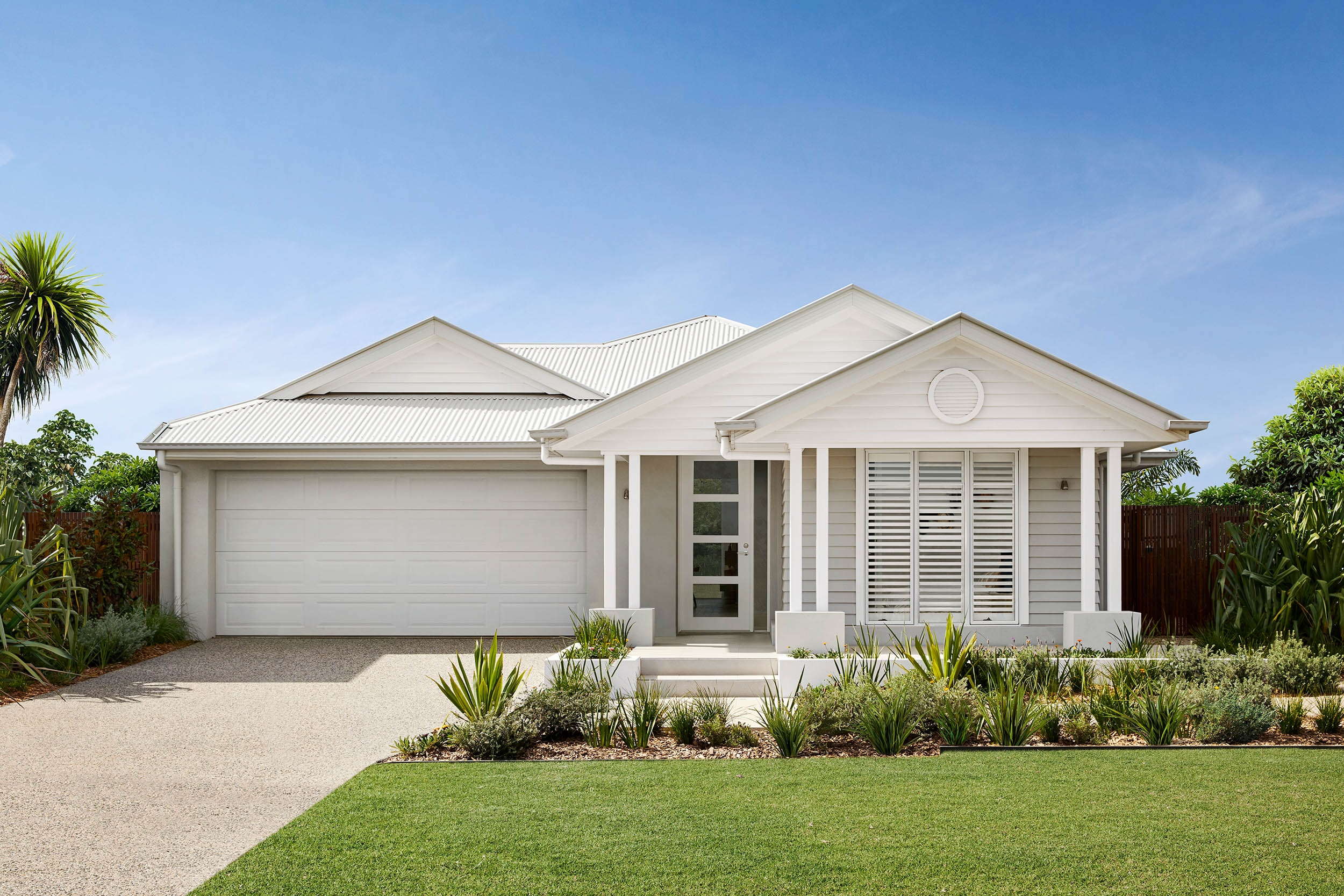
Are there other factors you should consider?
First Home Owner Grant (FHOG)
If this is the first home you’re buying AND plan to live in it before renting it out, you may be entitled to a First Home Owner Grant (FHOG). In Queensland, you must live in the property for at least six months before renting it out. As a rule, the FHOG applies to homes bought or built for less than $750,000.
Stamp Duty
Regardless of whether you build or buy, stamp duty follows the same legislation for all homes. In Queensland, buying your first home under $500,000 will exempt you from stamp duty or a concessional rate may be granted for anything between $500,000 to $550,000. On the other hand, building in a vacant land entitles you to exemption if it’s valued under $250,000; a concessional fee will be applied if between $250,000-$400,000.
However, this only holds for two conditions that are similar to FHOG conditions:
- This is your first property ever.
- That you will live in this house for 6 months before renting it out.
Otherwise, your investment property will get taxed at the rates the Queensland Government has set it to.
Cash Flow
In considering all of the above, you have to forecast how you’ll manage the property financially and logistically. What do you project your rental yield or capital gain to be? Will you be able to cover maintenance costs and write off depreciation costs? Will you positively or negatively gear your property?
Enter your tax consultant/financial advisor. They’ll guide you through every step of the way and make sure you calculate all the risks involved in this investment.
Should you choose to build a home, we’d love to be part of the conversation. Contact us today or visit a display centre near you.



